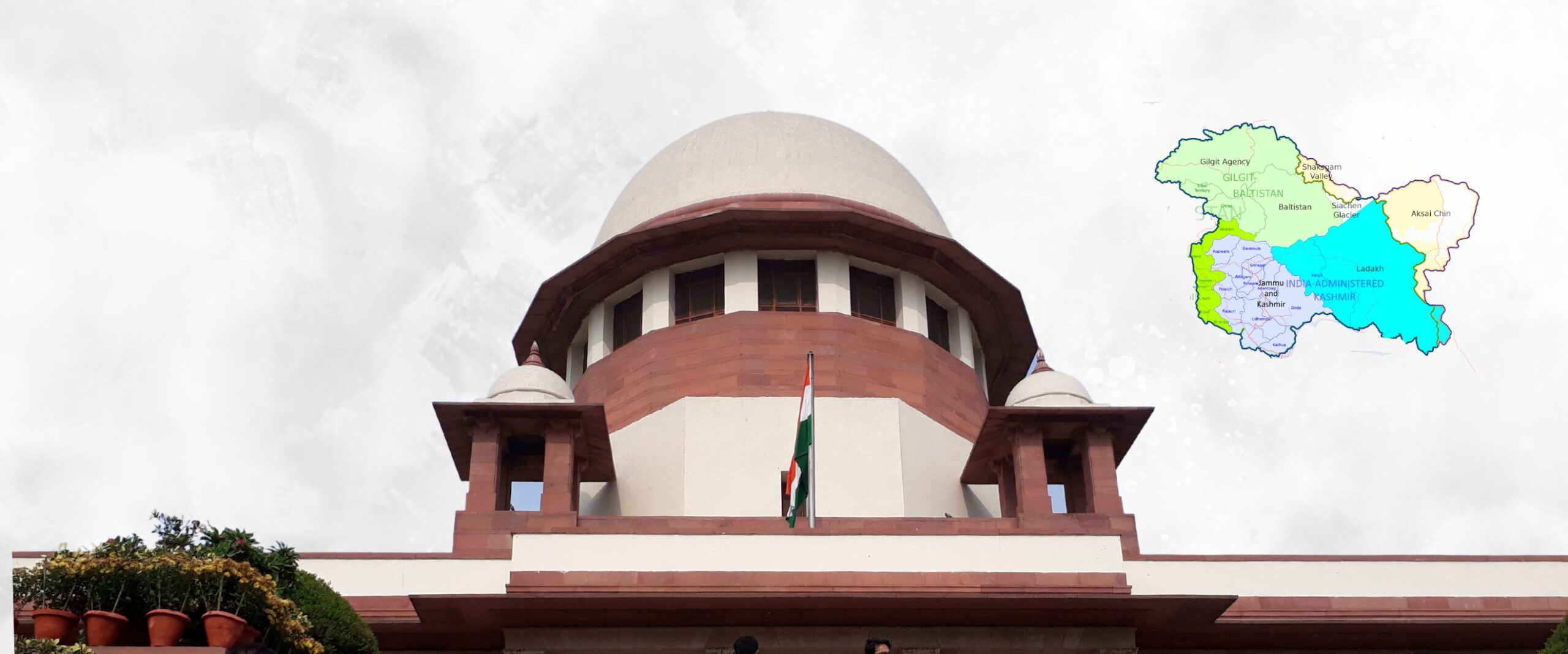
Previous Questions
1. Which Constitutional Amendment introduced the Anti-Defection Law in India?
A) 42nd Amendment
B) 44th Amendment
C) 52nd Amendment
D) 61st Amendment
Answer: C) 52nd Amendment
2. The Anti-Defection Law is contained in which Schedule of the Indian Constitution?
A) Ninth Schedule
B) Tenth Schedule
C) Eleventh Schedule
D) Twelfth Schedule
Answer: B) Tenth Schedule
3. Which of the following actions can lead to disqualification under the Anti-Defection Law?
A) Voting against the party's directive (whip)
B) Resigning from the party voluntarily
C) Joining another political party after being elected as an independent candidate
D) All of the above
Answer: D) All of the above
4. Who is the final authority to decide on disqualification under the Anti-Defection Law?
A) The President of India
B) The Election Commission of India
C) The Speaker/Chairman of the respective House
D) The Supreme Court of India
Answer: C) The Speaker/Chairman of the respective House
5. Which of the following is an exception under the Anti-Defection Law where members are not disqualified?
A) If a political party splits into factions
B) If a member joins another party voluntarily
C) If two-thirds of the members of a party merge with another party
D) If a member votes against a party whip by mistake
Answer: C) If two-thirds of the members of a party merge with another party
